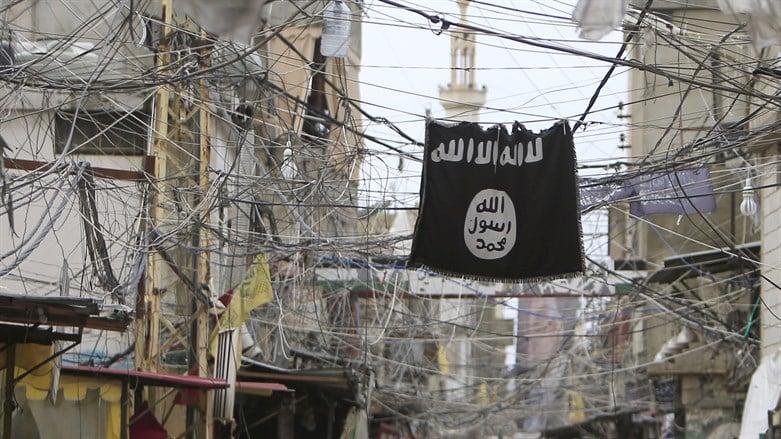
Taliban Raid Kills 8 Afghan Opposition Fighters
The Taliban said Tuesday their security forces had killed at least eight fighters from an armed opposition group in northern Afghanistan.
The fighting, about 120 kilometers north Kabul in Parwan province, marks the first significant clash between Taliban forces and NRF combatants in months.
Akmal Amiri, a key commander of the National Resistance Front or NRF, was among those killed in the raid against an opposition hideout, said a statement from the Taliban-led Afghan defense ministry.
“The mujahideen of the Islamic Emirate will not allow any group or individual to threaten the security and well-being of our people,” the statement vowed, using the official title of the Taliban government.
The NRF confirmed the death of Amiri and his combatants. It said that a second senior commander was also among the dead, identifying him as Nasir Ahmad Andrabi.
The opposition statement said the fighting had lasted several hours, quoting its self-exiled chief, Ahmad Massoud, as paying tribute to the slain men.
“The martyrdom of these heroic fighters once again highlighted the need to create coordination and unity of action among all the forces opposing the Taliban,” said Massoud, an ethnic Tajik leader.
Last September, Taliban security forces launched a “large-scale” operation against insurgents in Panjshir province and killed 40 NRF fighters, including several commanders. Taliban officials said the operation also captured scores of rebels. The fighting has since subsided in the area, barring a few isolated opposition attacks.
The NRF has been leading a low-level armed resistance to Taliban rule since the fundamentalist group seized control of Afghanistan in August 2021. Its fighters are mostly active in the remote mountains of Panjshir and parts of neighboring provinces, including Parwan.
Anti-Taliban opposition forces essentially comprise members of the now-defunct U.S.-trained Afghan security forces.
Massoud is the son of anti-Taliban mujahedeen commander Ahmad Shah Massoud, whom al-Qaida suicide bombers, posing as journalists, assassinated two days before the terrorist network-plotted attacks hit the United States in September 2001.
Panjshir, under the slain Massoud, was at the center of resistance against the Taliban when they previously ruled the country from 1996 to 2001.
Critics are skeptical whether the current Afghan armed opposition could pose a serious threat to the Taliban, saying the de facto authorities, unlike their previous stint in power, are now better armed, possessing U.S. armored vehicles and other sophisticated military weapons left behind by the United States and NATO militaries.
More than $7 billion in U.S.-funded military equipment was in the inventory of the former Afghan government when it collapsed in the face of then-insurgent Taliban nationwide attacks amid the U.S.-led foreign troop exit from the country 19 months ago, the U.S. Department of Defense estimated in a report released last year.
Source » voanews





